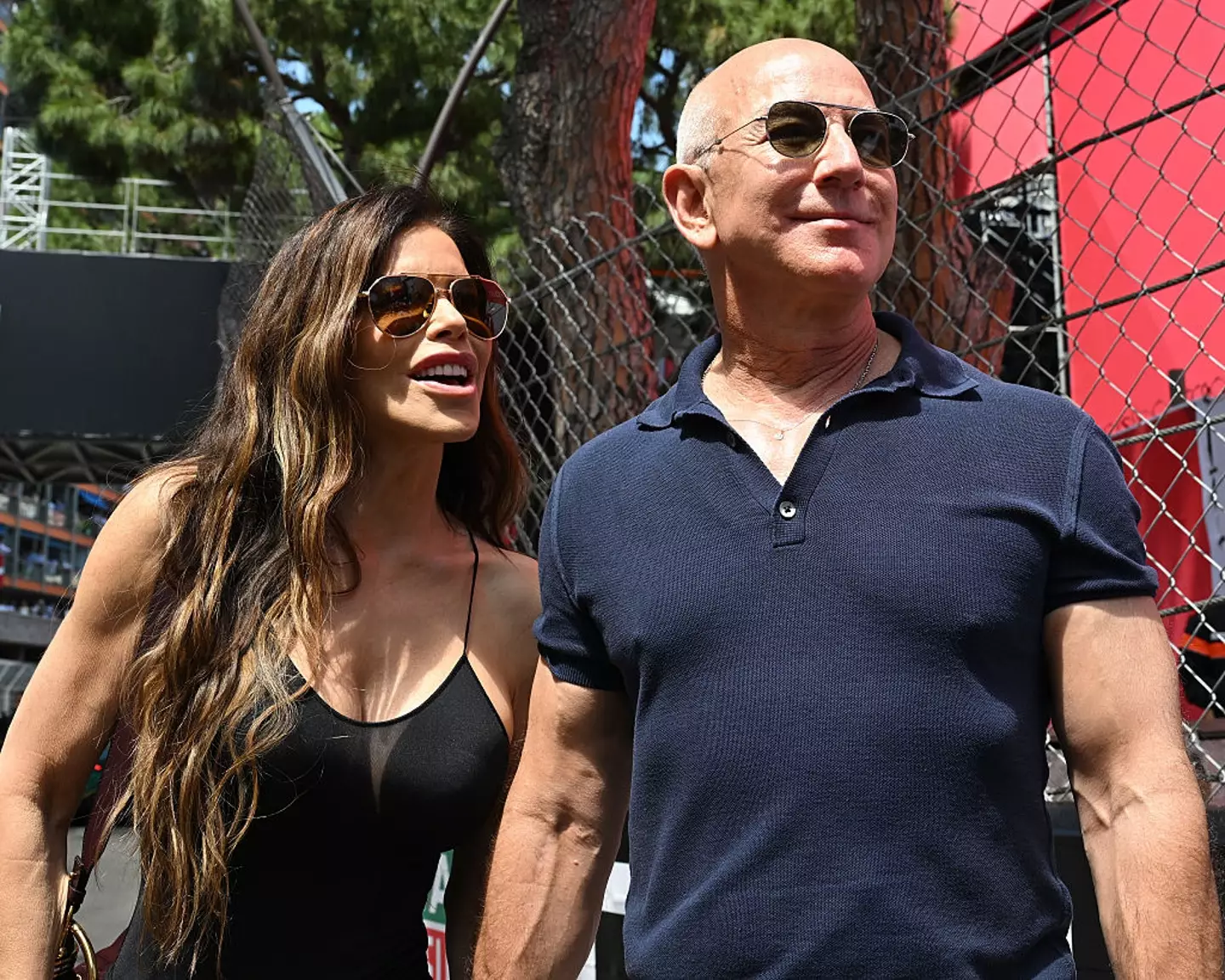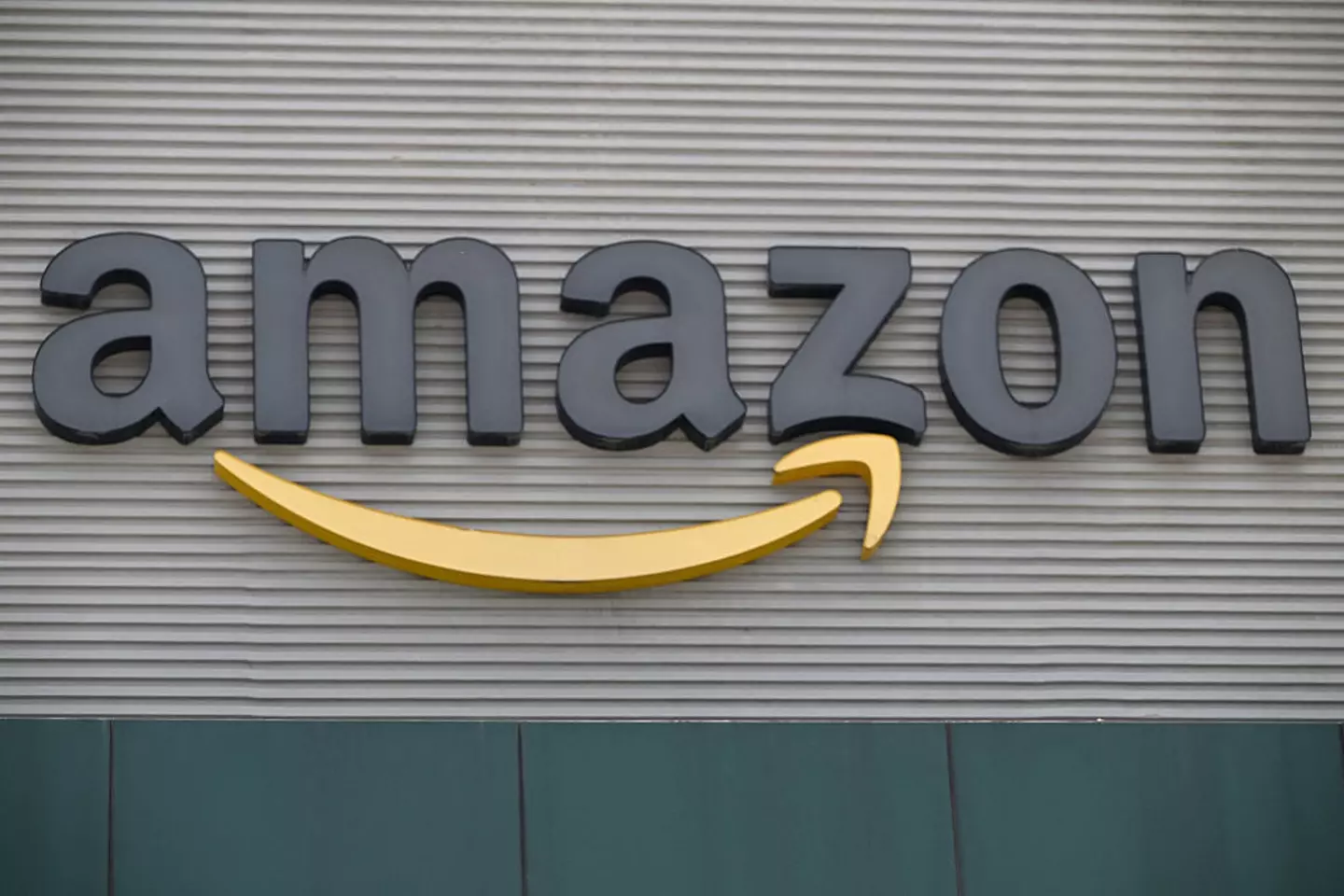
Despite being one of the wealthiest individuals on the planet, Jeff Bezos has revealed he took home a relatively modest salary for decades during his time as Amazon’s CEO — and it was entirely by choice.
Currently worth an eye-watering $246 billion, Bezos could easily have awarded himself a multi-million-dollar pay packet. Instead, he kept his annual salary at just over $80,000 (£62,000) for years, choosing to prioritise the long-term value of his Amazon shares.
Bezos told The New York Times: “My view was I was a founder”.
“I already owned a significant amount of the company and I just didn’t feel good about taking more.”
Advert
While his earnings on paper were far from extravagant, his wealth was quietly soaring. According to calculations from Inc.com’s Jeff Haden, between 2023 and 2024, Bezos effectively made $8 million (£6.2 million) for every hour of the year. That was all thanks to his stake in Amazon.
Bezos explained: “I had plenty of incentive”.
The billionaire added: “I owned more than 10% of the company. I just felt, how could I possibly need more incentive?”

It’s a clear reflection of Bezos’ founder-first mentality. Rather than accumulate wealth through annual bonuses or executive perks, he focused on increasing the value of the company he helped build.
Calling entrepreneurs like himself “owner-operators,” Bezos said they generate wealth “not by getting more equity, they just want to make the equity they have more valuable.”
It’s worth noting that his compensation strategy wasn’t entirely self-sacrificial. Bezos admitted: “I asked the comp committee of the board not to give me any comp,” adding that he would have “felt icky” otherwise and that he’s “very proud of that decision.”
Even so, the decision had financial upside. A 2021 report from ProPublica, which analysed decades of tax data on America’s wealthiest figures, found that Bezos paid no federal income tax in both 2007 and 2011. This was in part due to reporting investment losses that exceeded his small salary.
And he wasn’t alone. Fellow billionaires Elon Musk, Warren Buffett and Michael Bloomberg reportedly utilised similar tax strategies. While the top federal income tax rate in the US sits at 37%, ProPublica found many of these individuals were paying well under 4% when considering their total income, investment growth, and taxes actually paid.
From 2014 to 2018, Bezos’ “true tax rate” came in at just 0.98%, with Buffett’s even lower at 0.10%.

This is largely due to how wealth is taxed — or rather, how it often isn’t. Since assets like Amazon stock only become taxable when sold, Bezos could watch his net worth skyrocket without triggering a tax bill. By not taking a large salary, he further avoided tax liabilities.
In recent years, Bezos has started to sell portions of his Amazon shares, aiming to offload around 25 million by the end of 2025 — a move that will inevitably generate tax, but also free up significant liquid capital.
For Bezos, the choice to limit his salary wasn’t just a personal statement. It seems like it was also a long-term strategy rooted in ownership, growth, and wealth preservation.
